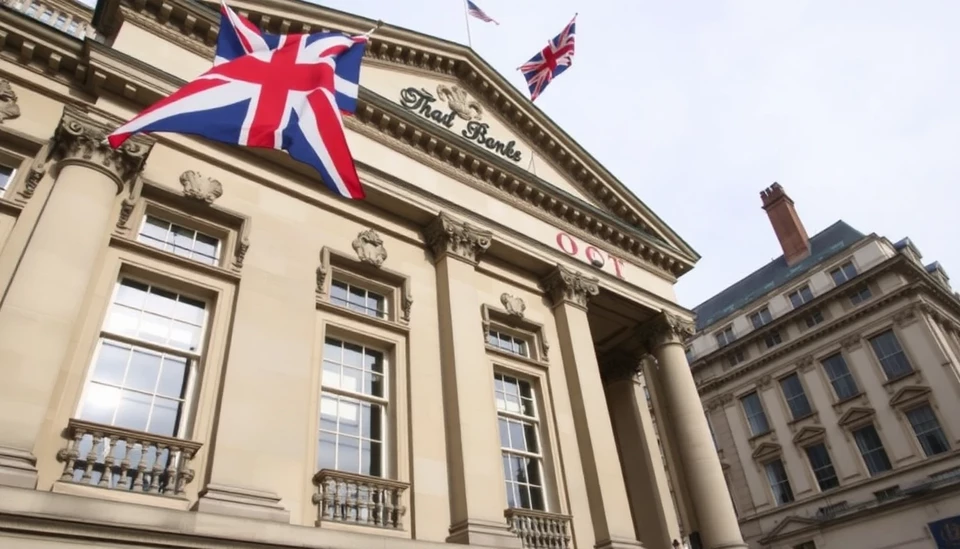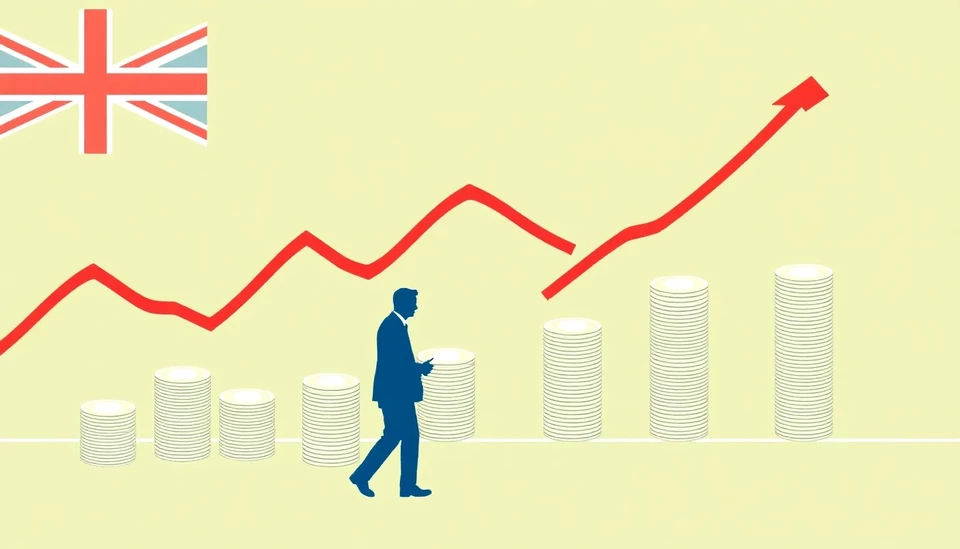
In a recent statement, Bank of England (BoE) Deputy Governor Ben Greene cautioned that interest rates in the UK are likely to stabilize at significantly higher levels than previously seen. This warning follows the central bank's ongoing efforts to combat persistent inflation, which has remained above their target. Greene’s remarks underscore the BoE's commitment to maintaining a tighter monetary policy over the foreseeable future.
Greene elaborated that the current economic landscape suggests that both businesses and households should prepare for a protracted period of elevated borrowing costs. This is a significant point, particularly as the UK grapples with various economic challenges, including sluggish growth and high inflation rates. During a recent conference, he mentioned, "We are facing a unique set of circumstances that compel us to be vigilant in our monetary policy approach."
The backdrop to Greene's comments is the ongoing struggle of the BoE to contain inflation, which has persisted well above the 2% target. Despite various adjustments to monetary policy, the BoE has struggled to influence consumer prices effectively. Greene pointed out that the central bank must now brace itself for a scenario where interest rates remain higher for longer, which could have ramifications for economic growth and consumer spending.
Economists have noted that the adjustments to interest rates are particularly burdensome for households, especially those with variable-rate mortgages. As rates increase, the cost of borrowing rises, which could further strain household budgets already challenged by the cost-of-living crisis. Greene acknowledged these pressures and highlighted the central bank's goal to strike a balance between controlling inflation and supporting economic growth.
In this context, the BoE's recent rate hikes have aimed to cool down demand within an overheated economy. However, the impact of these measures may take time to fully manifest, raising concerns about possible stagnation. Greene's insights indicate that both the central bank and the public must brace for the potential long-term consequences of this monetary strategy.
As the economic scenario develops, Greene's statements serve as a stark reminder of the realities facing the UK economy. The challenges are significant, but the Bank of England's strategy appears to prioritize stability over immediate relief. Observers will be keenly watching how this situation evolves, particularly in the lead-up to the next set of monetary policy decisions.
In conclusion, the warning from the BoE suggests a shift in how financial markets and consumers alike should approach their fiscal planning. The prospect of enduring higher interest rates has profound implications for mortgage rates, consumer spending, and ultimately, economic growth in the UK.
#BankOfEngland #InterestRates #Economy #Finance #Inflation #BenGreene #UKEconomy #MonetaryPolicy
Author: Laura Mitchell




